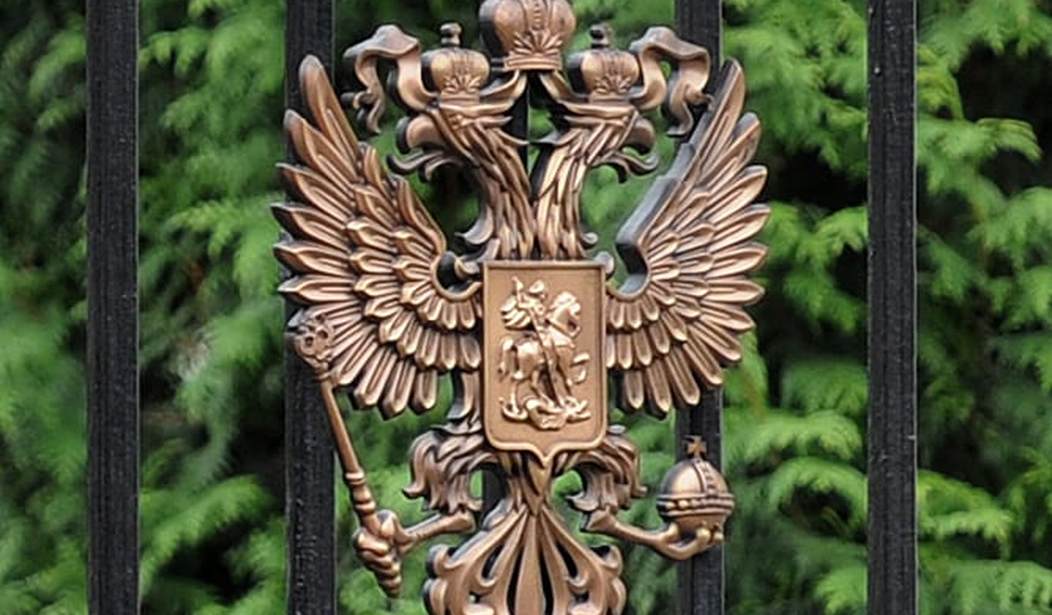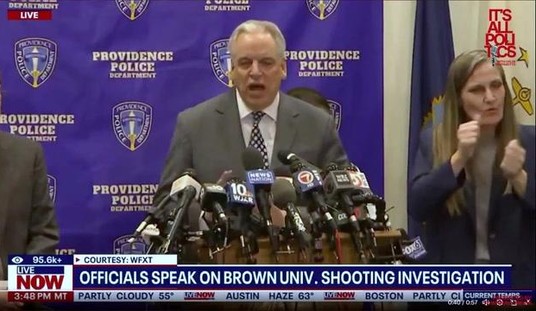As the world waits in suspense for the West’s retaliation against Putin’s mini-WMD attack, many are asking why the Russian leader has engaged in this dangerous provocation.
The Russian crisis has its roots in the Kremlin’s dangerous reliance on oil, crime and nuclear weapons as the cornerstones of its power. By trying to maintain Russia as a superpower on this unstable three-legged stool, Putin has set up a destructive resonance from which it is proving difficult to escape.
The Russian economy is losing its fight against the American fracking industry. “We cannot ignore the growth coming from shale,” IEA Executive Director Fatih Birol told reporters. It is threatening to drive some OPEC members into bankruptcy. “While Birol avoided directly saying what OPEC must do, the warning from the oil watchdog is particularly ominous for the oil group, which may be forced to continue holding back its own production to prevent prices from collapsing again, as they did in 2014.”
Putin and the higher-cost OPEC oil producers are squirming at the end of a hook. They want to keep prices up but yearn to pump as much as they can to replenish their dwindling state coffers.
Russia is slowly being beggared. Worse, what money the Russian kleptocrats extract from oil has nowhere to go but the West, because you wouldn’t deposit it in Moscow. London has the dubious honor of being regarded as the money-laundering capital of the world. The Russians must hate to become vulnerable to British bureaucrats but there is nowhere else to go.
In the aftermath of the Sergei Skripal poisoning there were calls to freeze the Kremlin’s palatial assets in the posh neighborhoods of London. But like the Russians, the British were trapped in a marriage of monetary convenience.
This has driven Putin east to China in an effort to escape the squeeze. Russia is desperately building pipelines east to avoid a critical dependence on Europe. An oil industry watcher notes: “[T]he latest stage of Russia’s Eastern pivot: the launch of the expanded East Siberia-Pacific Ocean pipeline that would lift Urals crude supply to China twofold, to 30 million tons annually. Gazprom is on track to complete the Power of Siberia gas pipeline by 2019. The 2,500-km mammoth of a pipeline will pump 1.3 trillion cu ft of gas to China annually.”
But heading east is no panacea. The Chinese have proved as calculating, if not more so, than their European counterparts. RT reports that China is looking to become co-owner of Russia’s biggest oil company. CEFC China Energy is acquiring a $9.1 billion stake in Russian oil giant Rosneft. If Putin’s not careful the Chinese will wind up owning him.
The other major story of the week is Xi Jinping’s transformation into the modern emperor of China. When Putin looks away from Brussels the view is no improvement, for he sees a leader in Cathay incomparably richer than himself. China’s sheer economic power can only remind him of how wretched Russia’s position has become.
Slowly going broke, unable to move or travel due to the Magnitsky Act and similar sanctions, Putin is increasingly forced to lean on the third leg of that teetering Kremlin stool: nuclear weapons.
But even that may no longer be a sure defense. Recently Putin bragged he had developed a whole family of new nuclear weapons that were immune to interception. “The Russian president made the bold claim during his state-of-the-nation speech and said the new weapons include a nuclear-powered cruise missile, a nuclear-powered underwater drone, and a new hypersonic missile.”
What he failed to reckon with is that the same sword he brandished at Washington was equally threatening to Beijing. Russia has 7,000 strategic nuclear warheads to China’s 270. The emperor Xi may be unwilling let that imbalance stand.
The Kremlin has nowhere to go. All things considered, the Russian nerve gas attack on Britain seems more an act of desperation than a demonstration of Kremlin power.
It is the flurry of a much smaller fighter aiming for a knockout against a much bigger foe before it can smother him. Putin is counting on sheer effrontery and daring to carry the day against his much more powerful tormentors. From the Ukraine to Syria to London, the Russian strongman is playing a colossal game of chicken.
Perhaps in Putin’s estimation he can still win because the other will swerve. “Because the loss of swerving is so trivial compared to the crash that occurs if nobody swerves, the reasonable strategy would seem to be to swerve before a crash is likely. Yet, knowing this, if one believes one’s opponent to be reasonable, one may well decide not to swerve at all, in the belief that he will be reasonable and decide to swerve, leaving the other player the winner.”
Putin is betting May is chicken. Yet this is no longer a given as he has learned his cost. In other places Putin has tried this stunt the Kremlin has either shied away or gone to ground when met with a reasonable, measured resistance. The 59 U.S. cruise missiles which landed on Syria’s Shayrat airbase as a direct response to the Khan Shaykhun chemical attack, and the annihilation of the Wagner mercenary group assaulting Deir ez-Zor told Putin there were no chickens in that coop. But if there were weasels present, at least they would nip so far and no further.
So he is trying elsewhere. The immediate problem for May and Tillerson is to find a response strong enough to warn an increasingly desperate Putin away without humiliating a proud nation. However, their longer term challenge is to channel Russia’s aspirations into less destructive paths.
Follow Wretchard on Twitter
For a list of books most frequently purchased by readers, visit my homepage.
Support the Belmont Club by purchasing from Amazon through the links below.
Books:
The Second Machine Age: Work, Progress, and Prosperity in a Time of Brilliant Technologies, by Erik Brynjolfsson and Andrew McAfee. This book reveals the forces driving the reinvention of our lives and our economy. As the full impact of digital technologies is felt, we will realize immense bounty but also experience wrenching change. Professions of all kinds – from lawyers to truck drivers – will be forever upended. Companies will be forced to transform or die. Recent economic indicators reflect this shift: fewer people are working, and wages are falling even as productivity and profits soar. Drawing on years of research and up-to-the-minute trends, MIT’s Brynjolfsson and McAfee identify the best strategies for survival and a new path to prosperity.
Open Curtains: What if Privacy were Property not only a Right, by George Spix and Richard Fernandez. This book is a proposal for bringing privacy to the internet by assigning monetary value to data. The image of “open curtains” is meant to suggest a system that allows different degrees of privacy, controlled by the owner. The “curtains” may be open, shut, or open to various degrees depending on which piece of data is being dealt with. Ultimately, what is at stake is governance. We are en route to control of society by and for the few rather than by and for the many, because currently the handful of mega tech companies are siphoning up everyone’s data, for nothing, and selling it. Under the open curtains proposal, government would also pay for its surveillance in the form of tax rebates, providing at least some incentive for government to minimize its intrusions … (from a review by E. Greenwood).
Skin in the Game, by Nassim Nicholas Taleb. In his new work, Taleb uses the phrase “skin in the game” to introduce a complex worldview that applies to literally all aspects of our lives. “Never trust anyone who doesn’t have skin in the game. Without it, fools and crooks will profit and their mistakes will never come back to haunt them,” he says. In his inimitable style, he pulls on everything from Antaeus the Giant to Hammurabi to Donald Trump to Seneca to the ethics of disagreement to create a jaw-dropping tapestry for understanding our world in a brand new way.
For a list of books most frequently purchased by readers, visit my homepage.
Did you know that you can purchase some of these books and pamphlets by Richard Fernandez and share them with your friends? They will receive a link in their email and it will automatically give them access to a Kindle reader on their smartphone, computer or even as a web-readable document.
The War of the Words, Understanding the crisis of the early 21st century in terms of information corruption in the financial, security and political spheres
Rebranding Christianity, or why the truth shall make you free
The Three Conjectures, reflections on terrorism and the nuclear age
Storming the Castle, why government should get small
No Way In at Amazon Kindle. Fiction. A flight into peril, flashbacks to underground action.
Storm Over the South China Sea, how China is restarting history in the Pacific
Tip Jar or Subscribe or Unsubscribe to the Belmont Club










Join the conversation as a VIP Member